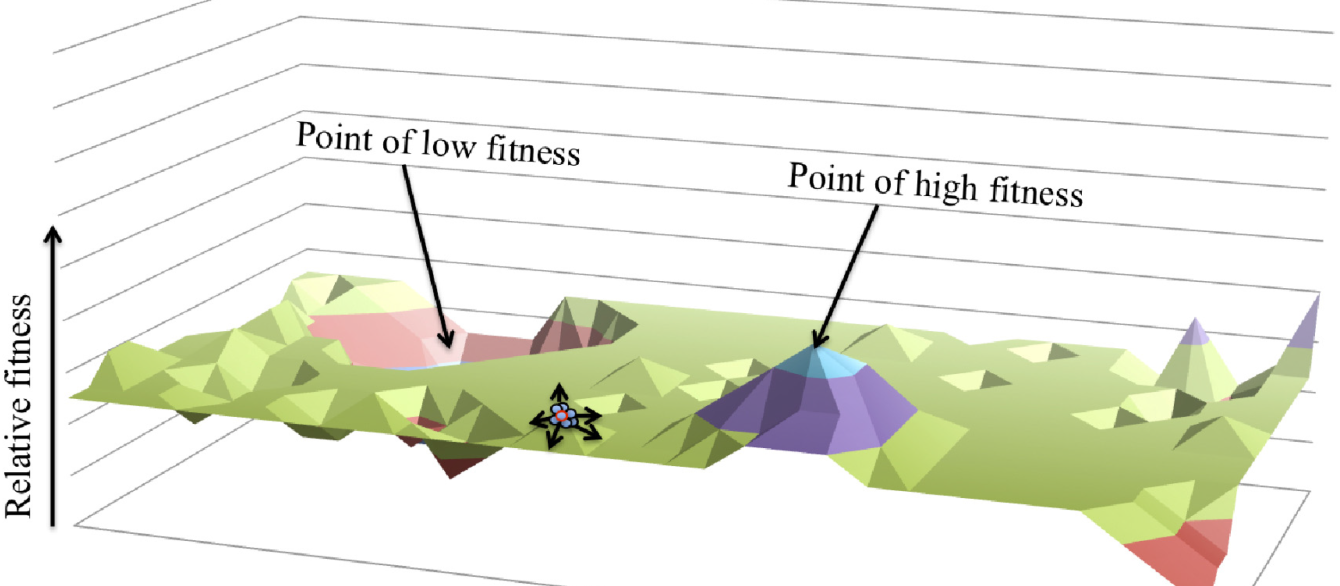This talk is aimed at scholars in the natural and technical sciences, especially in biological, biomedical, and computational fields. As always, scholars whose work has been disrupted by the Russo-Ukrainian war are particularly encouraged to attend.
Prof. Fyodor Kondrashov will detail his group's work using machine learning to model the evolutionary implications of genetic expression. How genotypes are manifested into phenotypes, known as "fitness landscapes," remains one of the most important unanswered questions in biology. A common way to experimentally study the fitness landscapes of genes is deep mutational scans — experimental assays of many thousands of genotypes consisting of combinations of mutations. These studies are increasingly being used to shape our understanding of the complex nature of the interaction of changes on the genetic level.
This talk will outline findings from the Kondrashov group's study of the empirical assays of different orthologues of the Green Fluorescent Protein. The results have opened the way to new, more accurate models that help to advance our understanding of the functions of genes in the process of evolution, but also show the need for different empirical and theoretical approaches to continue moving the field forward.
Accessibility
The Davis Center for Russian and Eurasian Studies at Harvard University encourages persons with disabilities to participate in its programs and activities. If you anticipate needing any type of accommodation or have questions about the physical access provided, please contact us at 617-495-4037 or daviscenter@fas.harvard.edu in advance of your participation or visit. Requests for Sign Language interpreters and/or CART providers should be made at least two weeks in advance if possible. Please note that the Davis Center will make every effort to secure services but that services are subject to availability.




